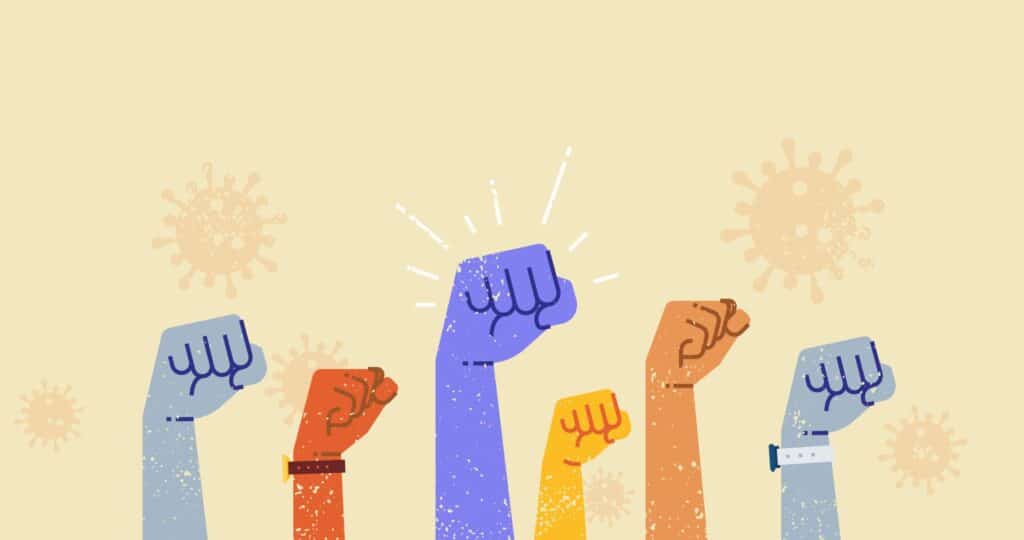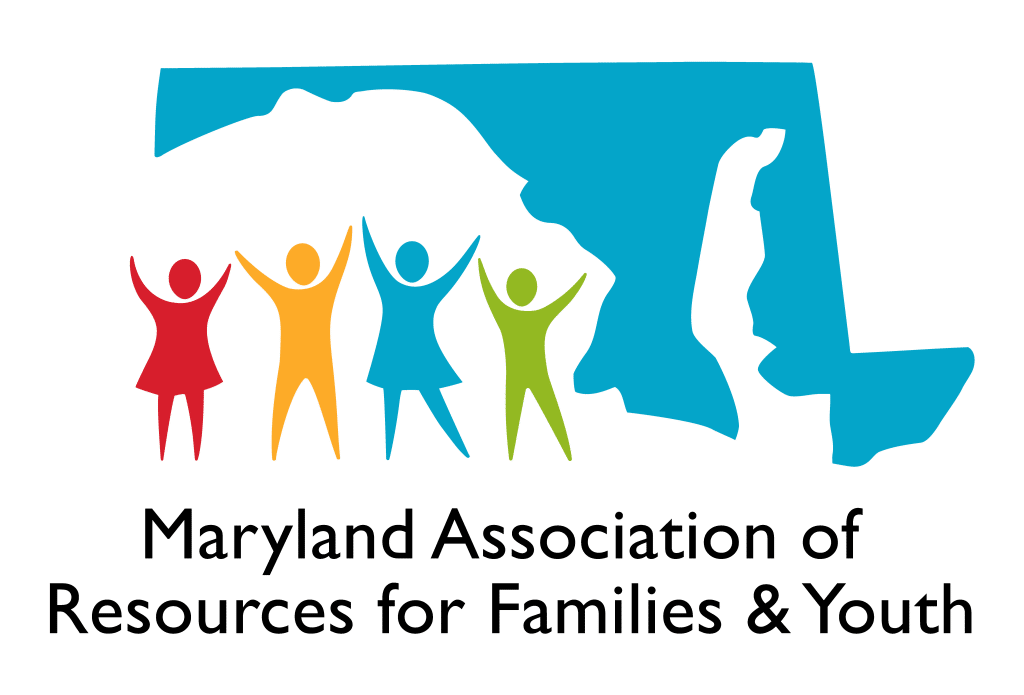By Dr. Gabriela Lemus, Maryland Latinos Unidos, and Veronica Cool, Cool & Associates LLC
While our country is making progress in recovery, new variants of COVID-19 remain a threat to both public health and the economy, especially among the most vulnerable minorities. The fight against COVID-19 is not over for Latinos in Maryland. In the more than two years that have passed since the start of the pandemic, many Latino families have lost loved ones, who often contributed to the family income or were caregivers for children and have suffered a great deterioration in access to housing and food, with a great impact on physical and mental health.
In April 2022, a study conducted by the American Academy of Pediatrics (AAP) revealed that Hispanic/Latino youth in the United States are food insecure and disproportionately experience adverse metabolic outcomes compared to other youth in the United States. country. This reality has serious consequences for the Latino community, as it opens the door to increased obesity and makes these young people more vulnerable to long-term chronic diseases such as hypertension and high cholesterol. In addition, mental health became a growing problem for children and young people during the pandemic, especially between the ages of eleven and twenty-five, and with a particularly high incidence in immigrant households:
Inequality in access to health is not new. COVID-19 exposed the flaws and inequities that were already present in the Maryland health care system, and that affect the Latino community so much. The inadequacy of existing information systems to identify the risk and impact of the virus within the Latino population had a significant implication in enabling the state of Maryland and local communities to provide the necessary resources to respond to the pandemic. Although widespread vaccination was and continues to be the fundamental strategy to end the pandemic, there are still a significant number of Latinos who doubt the safety and efficacy of the COVID-19 vaccine, even today, when we are already entering the post-pandemic phase.
That is why building trust in those communities is vital. Latinos don’t access health care for a variety of reasons, but mistrust and fear grow dangerously high when fueled by the widespread dissemination of false or misinformation. Without the constant presence of trusted and knowledgeable sources of information, who can communicate clearly in Spanish, and who understand the concerns and issues facing Latinos, these barriers will continue to affect the overall health of the community.
Since the beginning of the pandemic, there was a lack of education about COVID-19 and about vaccination in Spanish. False or misleading information filled the information gap caused by the Latino public’s lack of access to expert and reliable help in their language. Additionally, widespread fear in the Latino community regarding immigration status and deportation risks had a major impact on deciding whether or not to get vaccinated.
To overcome the disparity in access to health for Latinos and achieve acceptance of the COVID-19 vaccine, it is necessary to consider the role played by racism, xenophobia, social and economic marginality, specific belief systems of their culture, and mistrust of institutions. Right now, we need to improve the level of vaccination among Latino youth and increase the number of adult Latinos who receive their booster dose. Therefore, public health messages and actions to end doubts and misinformation must consider and address the fears of Latinos, while promoting vaccination and prevention as the only way to overcome the pandemic in the community. Hispanic and throughout the state.
Public health messages need to continue to debunk myths about the vaccination process itself, ensuring that communities have access to quality information. In all this time, few financial resources have been released in the state for the translation or adaptation of information that is culturally relevant and appropriate to reach the ears of those who need it most: Latinos who have not yet been vaccinated. Maryland’s Latino community is simply not well informed.
In contrast, in geographic areas with a higher density of Latinos, where the local government better targeted its community outreach efforts, vaccination levels were much higher. How did they do it? Adding the voices of leaders with a presence in the Latino community who motivated the Hispanic community to get vaccinated. A coherent and specifically designed community approach must be generated, and it must be communicated through trusted voices that come from the center of the community, such as teams of Community Health Workers, or Community Health Workers.
These types of campaigns require specific dedicated resources, such as those available through the Baltimore Community Foundation. Resources must reach community organizations with proven leadership within the communities in question, which is why it is so important to communicate and inform about these opportunities that are available to ensure that Latino-led organizations are aware of them and can apply. With events, information, and specific actions, promoted by organizations with a presence in the Latino community, it is possible to put an end to doubts about vaccination
The deadline to request the grant from the Fund to Promote Vaccination against COVID-19 is June 30, and the funds can be used until November 30. The Baltimore Community Foundation is receiving and evaluating applications. This information needs to be promoted. For the pandemic to end for everyone, including minorities, it is important that all social actors get involved and participate. Vaccination hesitancy can be addressed with grant-funded actions like this one, which can help ensure that Latinos are not left out in the future and are included in decision-making processes to address their unmet health needs.
More information is available here or by contacting kmayhand@bcf.org





